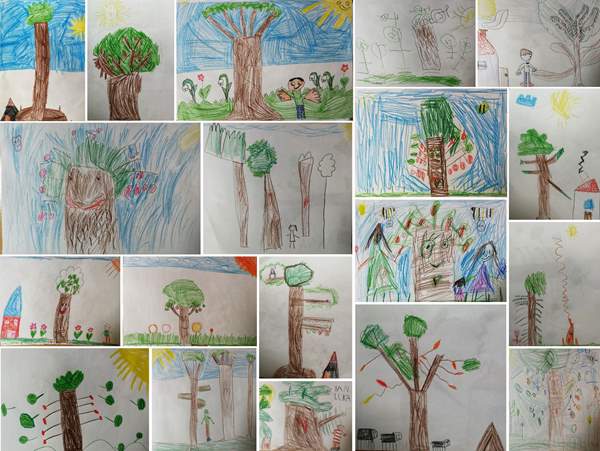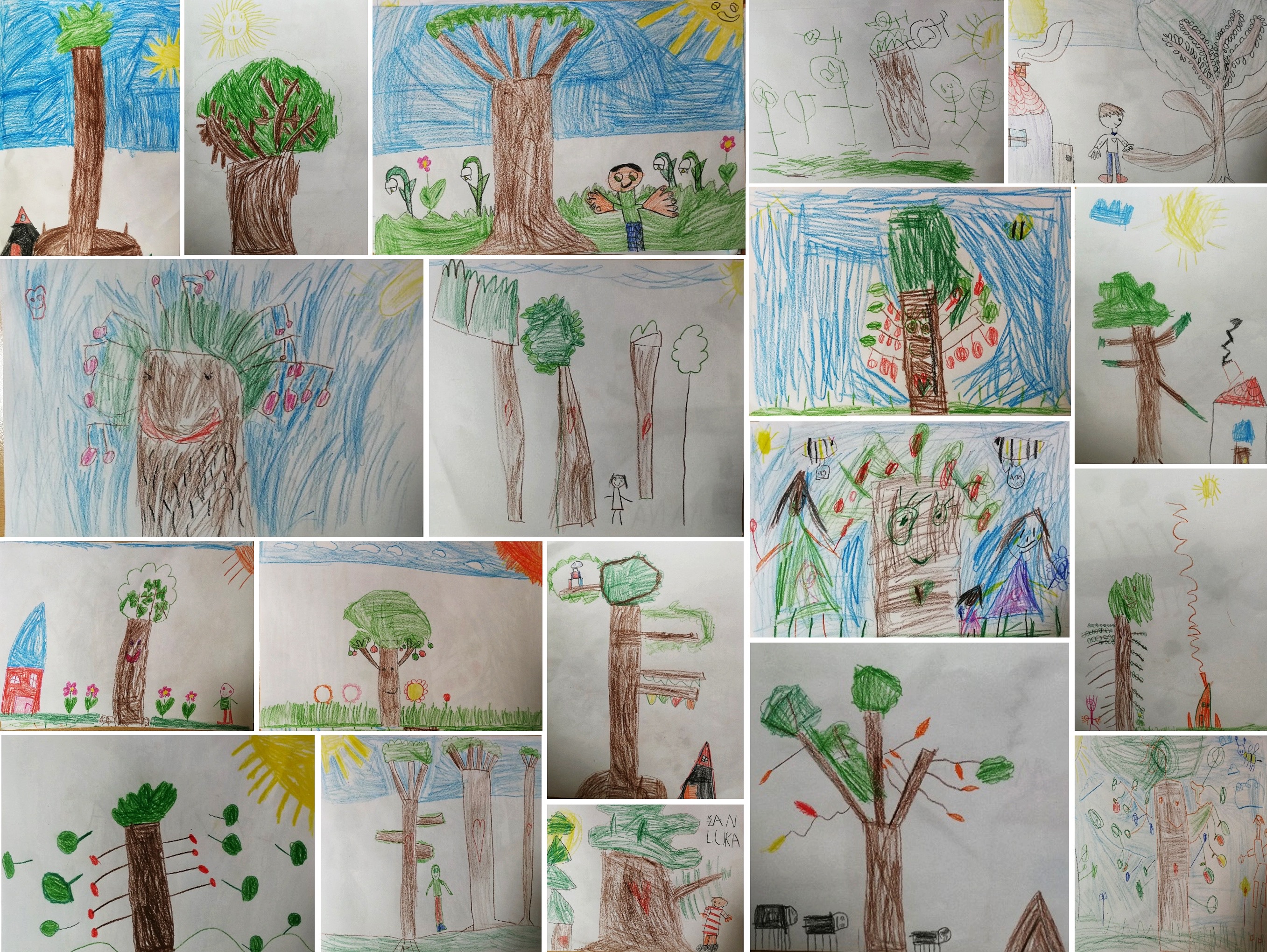
Philosophy for children

Humanities students at Alma Mater held a workshop with children in the Ledina Kindergarten in Ljubljana as part of the Philosophy of Education and Democracy course.
"Philosophy for children assumes that children are thinking, curious, creative, and communicative. Longer exposure to the program enables the development of higher cognitive abilities. These qualities enable children to integrate into the life of a democratic society effectively, and it positively equips them to cope with the changes brought about by rapid scientific, technological and cultural development. Philosophy for children is suitable regardless of age; it just needs to be adapted to their level of development," explains student Lara Božak.
Children can recognize many assumptions in the world around them, which is the basis of any philosophy. They deal with philosophical questions sovereignly if only we adapt them to their age, i.e., their level of development. "We first read a fairy tale to the children. We chose the story A tree has a heart because we wanted the children to think about relationships, gifts, giving and receiving, happiness, friendship, caring for others, nature, and the coexistence of man and nature. After reading, "There was an interactive conversation about the story, where the children participated very communicatively. After that, they drew a story based on their imagination on sheets of paper, and we used the drawings to determine how the children understood and understood the story," the students said.
"We believe a more concrete introduction to philosophy for children in Slovenian kindergartens and primary schools would be very welcome. Through questions, philosophy can open up new worlds and points of view to children, teach us to talk, argue and listen," the students conclude.
